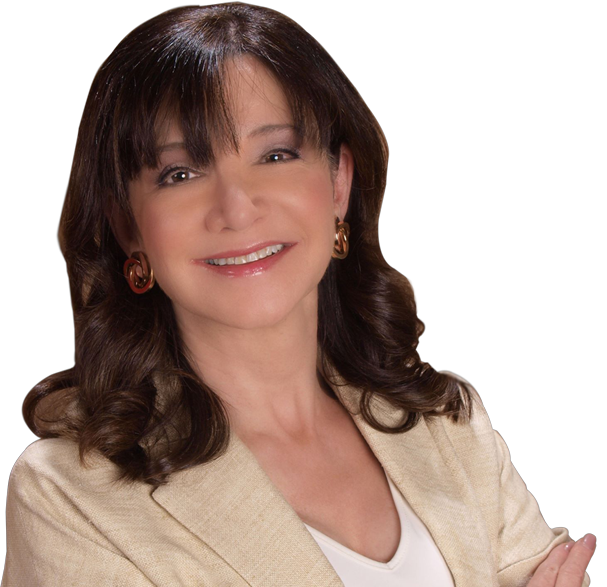In a perfect world, people are able to handle their own affairs and stay in control of their own lives. However, no matter how healthy you are, the future is uncertain. There is always a possibility you could fall ill, or be incapacitated for one reason or another. Sometimes the best way to truly maintain control over one’s life is to be ready to relinquish it – at least to some extent. This is done by designating a person or persons to fill the role of Power of Attorney.
What Is A Power Of Attorney?
A power of attorney (POA) is a legal document that grants one person permission to make certain decisions in place of another person. The person who created the POA is the principal. The person named in the POA is the agent or attorney-in-fact, and is normally a close relative, friend or business associate.
When it comes to the roles that POAs play, it is not one-size-fits-all. There are many different types of POAs that serve a multitude of purposes.
Durable POAs
A durable POA is a lasting document, meaning it doesn’t expire upon a certain date or event, except for the death of the principal. It can be drafted to either become active immediately or activate when a physician or other medical professional declares that the principal is unable to handle their own affairs due to an accident or illness.
If you do become incapacitated, you may be incapable of making sound decisions and may harm yourself or your finances inadvertently. By creating a durable POA before you become incapacitated, you can protect yourself against this scenario.
Non-Durable POAs
If you have no major concerns regarding falling ill, but expect to be traveling or unavailable to handle business matters, a non-durable may be the right option. A non-durable POAs is granted for a limited period of time and expires either on a specific date, or upon a specific event. The principal is not incapacitated, only temporarily unavailable. These POAs are easily revoked, and do expire when indicated, or in the case of the principal’s death.
Considering Health And Finances Separately
When deciding on whom to name in the POA role, there are many who develop a separate health or medical POA and a separate financial POA. A medical POA is called an Advance Health Care Directive; while financial powers are created in personal financial POAs.
Everyone has different skill-sets. One family member or close friend may be more trusted to handle finances while another is more qualified to make medical decisions. These separate documents allow you to name individuals to handle these specific and separate issues on your behalf.
The person you choose to fulfill the medical role should be someone who is compassionate, whom you have communicated with about health matters and you trust to carry out your true wishes. Without this type of POA, decisions may be made that are not it your best interest and do not jibe with your wishes.
The person named in your financial POA will take over your financial affairs and should be a person who knows and understands your budget and financial priorities. It might be the same person as your healthcare POA, but it doesn’t have to be.
POAs For The Healthy
Even if you are healthy developing a durable or non-durable POA is recommended. As stated previously, no one can foresee the future. Remember, a POA does not take away your own power to make decisions for yourself. Instead, it provides you with a safeguard against future health issues.



